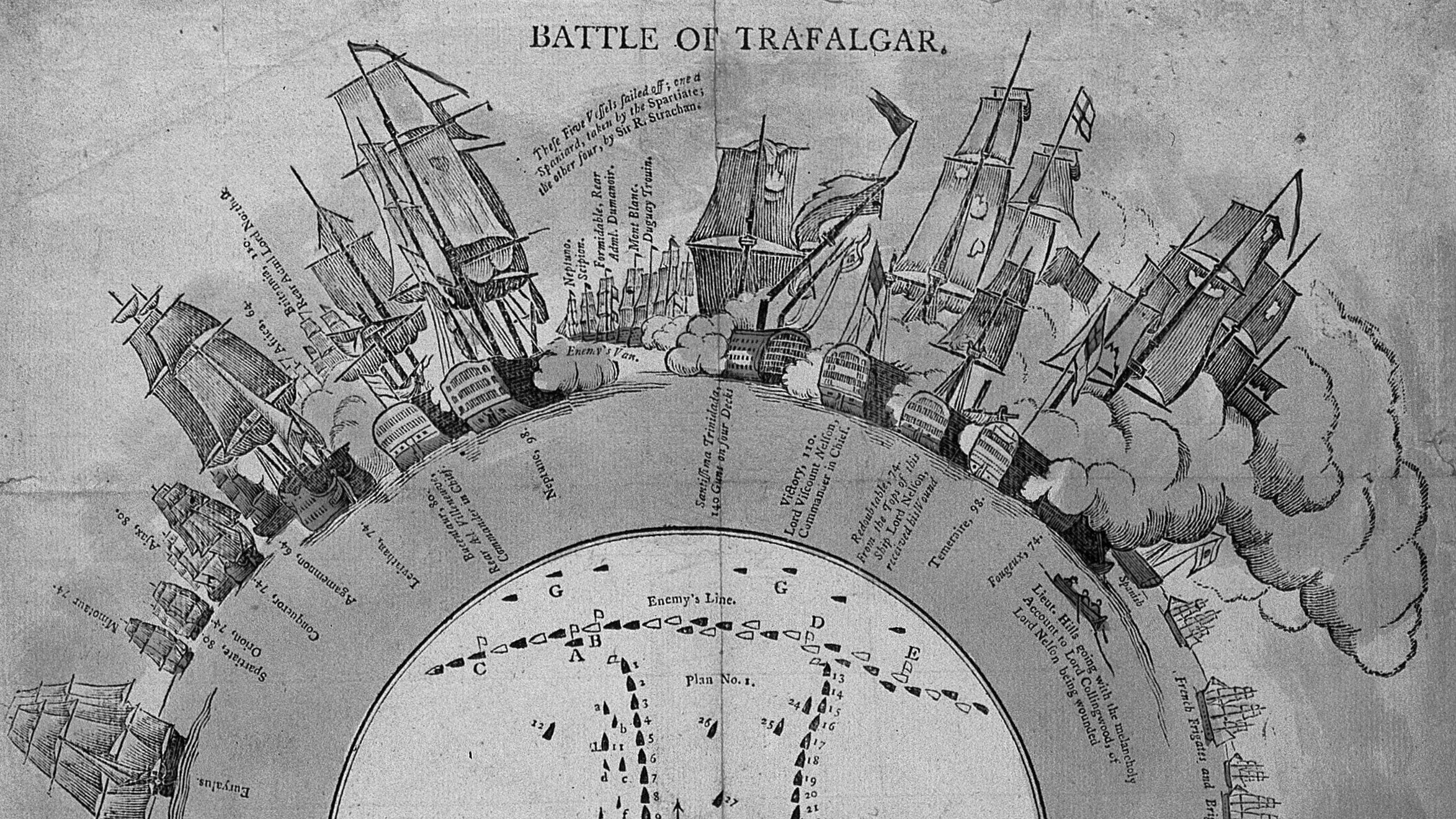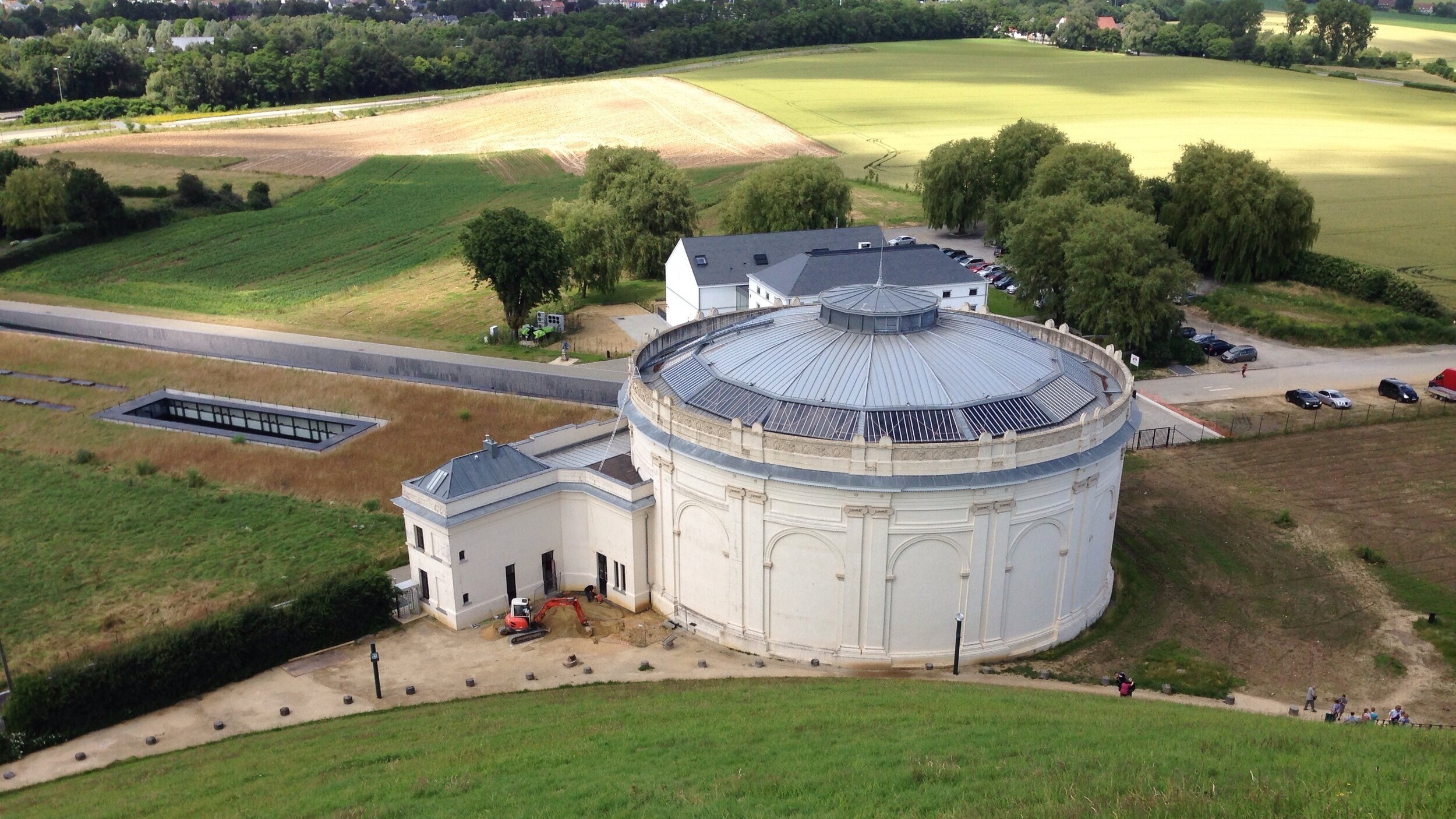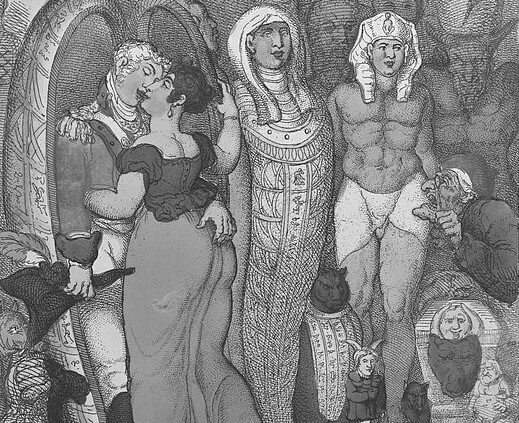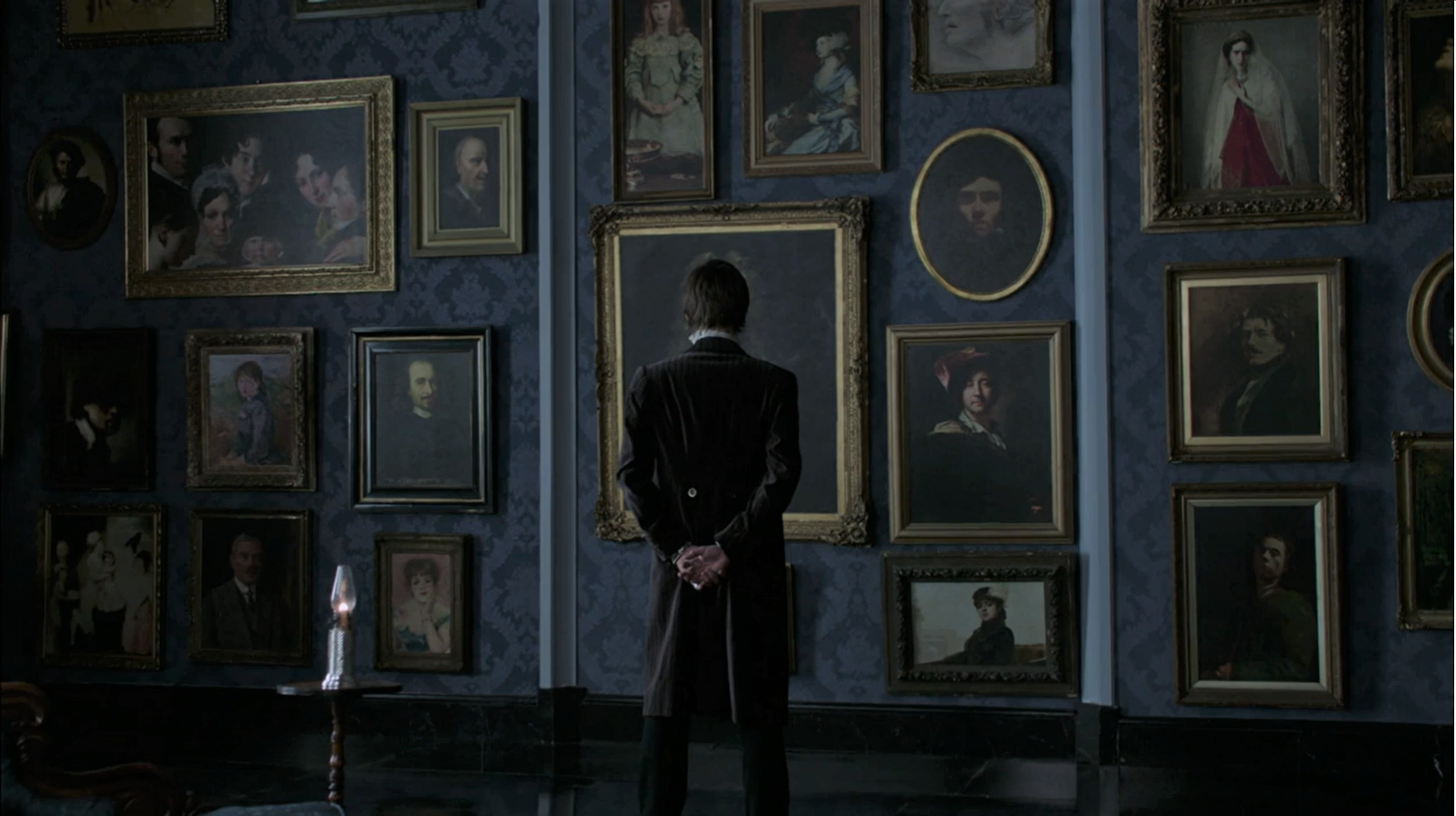
Media Ecology and Visual Culture
Texts exist through media. Media form part of a broader media environment, or media ecology, whose dynamics change as new media and new texts are introduced to it. When a text behaves distinctively in a media ecology – when it assumes a robust medial life recognizably different from other texts with which it shares much else – then this distinctive behavior repays close study. The behavior often will teach us things about the media involved in it and can make newly visible how the behaving text has been about its contingent relationship to medium all along.

I develop these propositions in my book Romantic Capabilities (Oxford, 2020), which defines a new object of study, the “media behavior,” and models a historicist methodology for studying it. The ease with which William Blake’s proverbs and pictures spread virally across media platforms teaches us about the politics of virality generally and helps us discover how Blake’s reliance on viral forms was a key part of how his multi-media art contested regulations. The late Victorian vogue for stereoscopic photographs of sites associated with Walter Scott’s novels and poems makes visible the profound break that stereoscopy represented in relation to earlier immersive visual media like panoramas and retroactively brings into focus for us how Scott’s novels had already been representing and theorizing vision in new ways. Jane Austen fanfiction makes apparent how fanfiction amounts to a design medium and helps us recover how Austen was theorizing the novel form as a medium of ecological design.
I also research how printed texts and visual caricatures interacted in Romantic Britain. My book chapter “The Public and the Limits of Persuasion in the Age of Caricature” reads Georgian visual caricatures as a critique of persuasion and Austen’s novel Persuasion as a critique of Georgian caricature. My article “Reflections in the Print Shop Windows” shows how visual caricatures of Edmund Burke in the 1790s may have attacked the man but actually perpetuated many of the logics he put forth in his political treatise Reflections on the Revolution in France.

Romantic Capabilities: Blake, Scott, Austen, and the New Messages of Old Media (Oxford: Oxford UP, 2020).

“The Walter Scott Experience: Living American History after Waverley,” in Constellations of a Contemporary Romanticism, ed. by Jacques Khalip and Forest Pyle (Fordham UP, 2016).

“The Joy of Looking: What Blake’s Pictures Want,” Representations, 119 (2012): 1-36.

“The Public and the Limits of Persuasion in the Age of Caricature,” in The Efflorescence of Caricature, ed. by Todd Porterfield (Aldershot: Ashgate Press, 2011)

“Blakespotting,” PMLA 121:3 (2006): 769-86.

“Reflections in the print shop windows: caricaturing and contesting historical sense in the Revolution controversy,” Chapter 3 of Mike Goode, Sentimental Masculinity and the Rise of History, 1790-1890 (Cambridge: Cambridge UP, 2009)

“Penny Dreadful and the Frankensteinian Collection: Archives, Anthologies, and Monstrous Adaptations from Shelley to SHOWTIME,” in Penny Dreadful and Adaptation: Reanimating and Transforming the Monster, ed. by Will Scheibel and Julie Grossman (Palgrave Macmillan, forthcoming 2022).